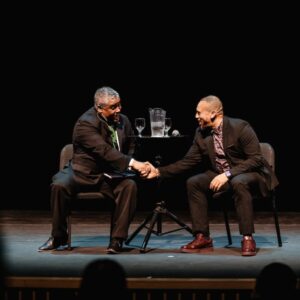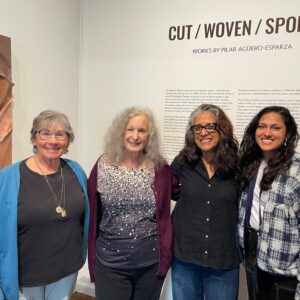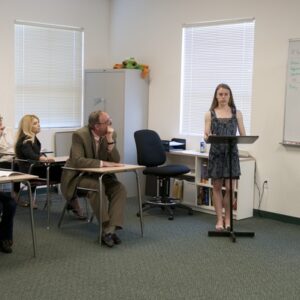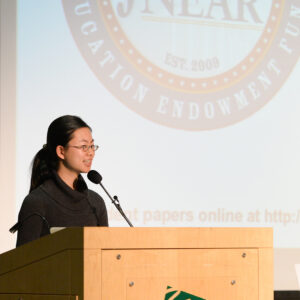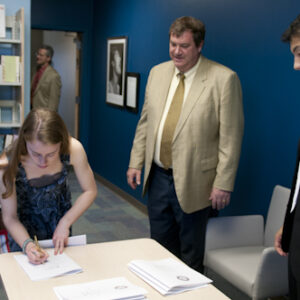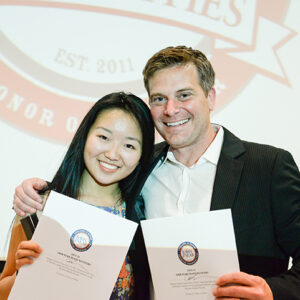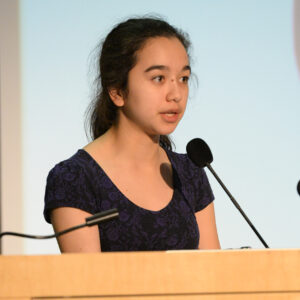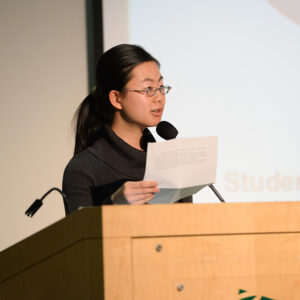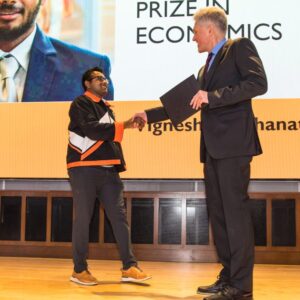This article was originally published in the spring 2013 Harker Quarterly.
Sarah Howells ’12, now a freshman at Princeton University, recently won a prestigious new award. “The history department is delighted to congratulate Sarah on winning first prize in the Churchill Research Paper competition,” said Donna Gilbert, Harker’s history department chair. The competition is sponsored by the University of Minnesota’s Churchill Center.
Howells is the contest’s first winner, and it’s not the only first that she has earned for the paper, titled “Winston Churchill’s Efforts to Unify Britain from 1940-1941.” It was also Howells’ submission to earn a grant from the Mitra Family Endowment, which was established last year by Harker parents Samir and Sundari Mitra (Shivani, grade 12). Howells went on to become the first Mitra Scholar for her entry.
“I was pretty surprised, since this being the first year of the competition I was not sure what the expectations were,” Howells said. “I would like to thank the Mitra family for supporting humanities research at Harker, Ms. [Donna] Gilbert, Dr. [Ruth] Meyer and Ms. [Susan] Smith for helping me with research and making the Harker history department a strong supporter of independent work, and Ms. [Julie] Wheeler for convincing me to apply for the grant in the first place.”
The Mitra Family Endowment for the Humanities matches gifts to the annual giving campaign up to a total of $100,000.
“The subject matters taught under humanities such as history, languages, communications and philosophy are critical skills and knowledge that develop well-rounded Harker students,” said Samir Mitra, speaking at last year’s reception. “Humanities is the bedrock of a superior education and will enable our students to stand out as recognized contributors in their future professions.”
“I knew I wanted to apply for the Mitra grant because I had enjoyed world history so much in my sophomore year,” said Howells. “I thought about Britain; my family was affected on two sides by World War II, both in Poland and in Britain.”
Too broad at first, her topic choices “quickly narrowed to Churchill’s remarkable unification of the government and retaining the trust of the people during the war,” said Howells, noting that the most interesting part of writing the paper was transitioning from the researching to the writing.



